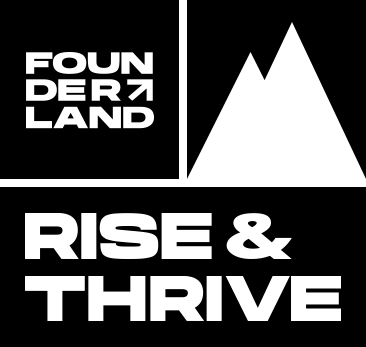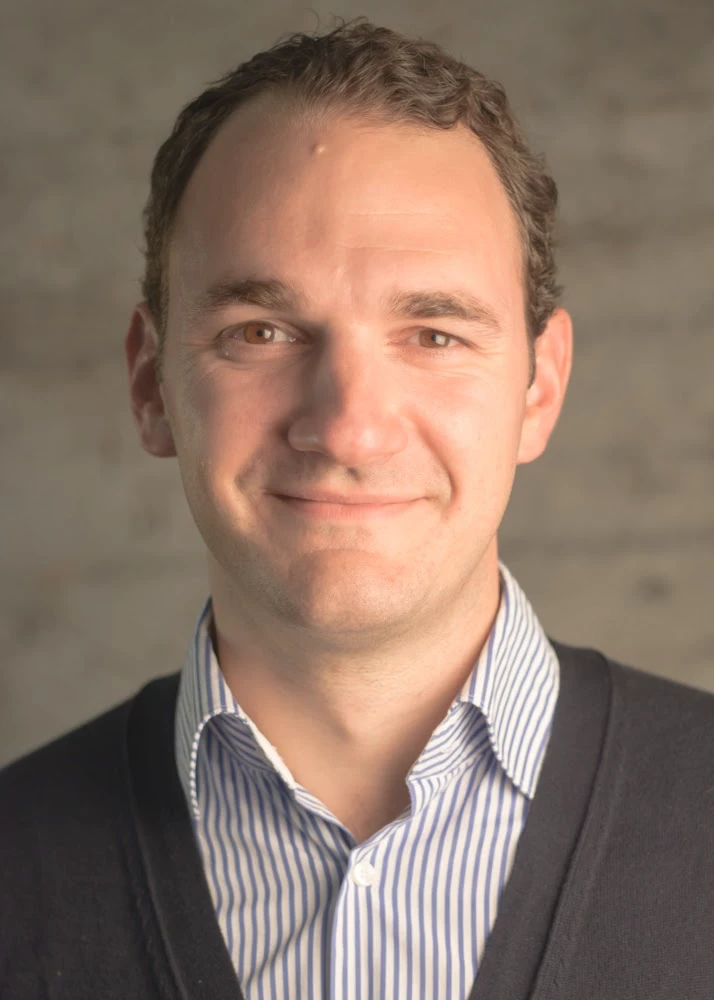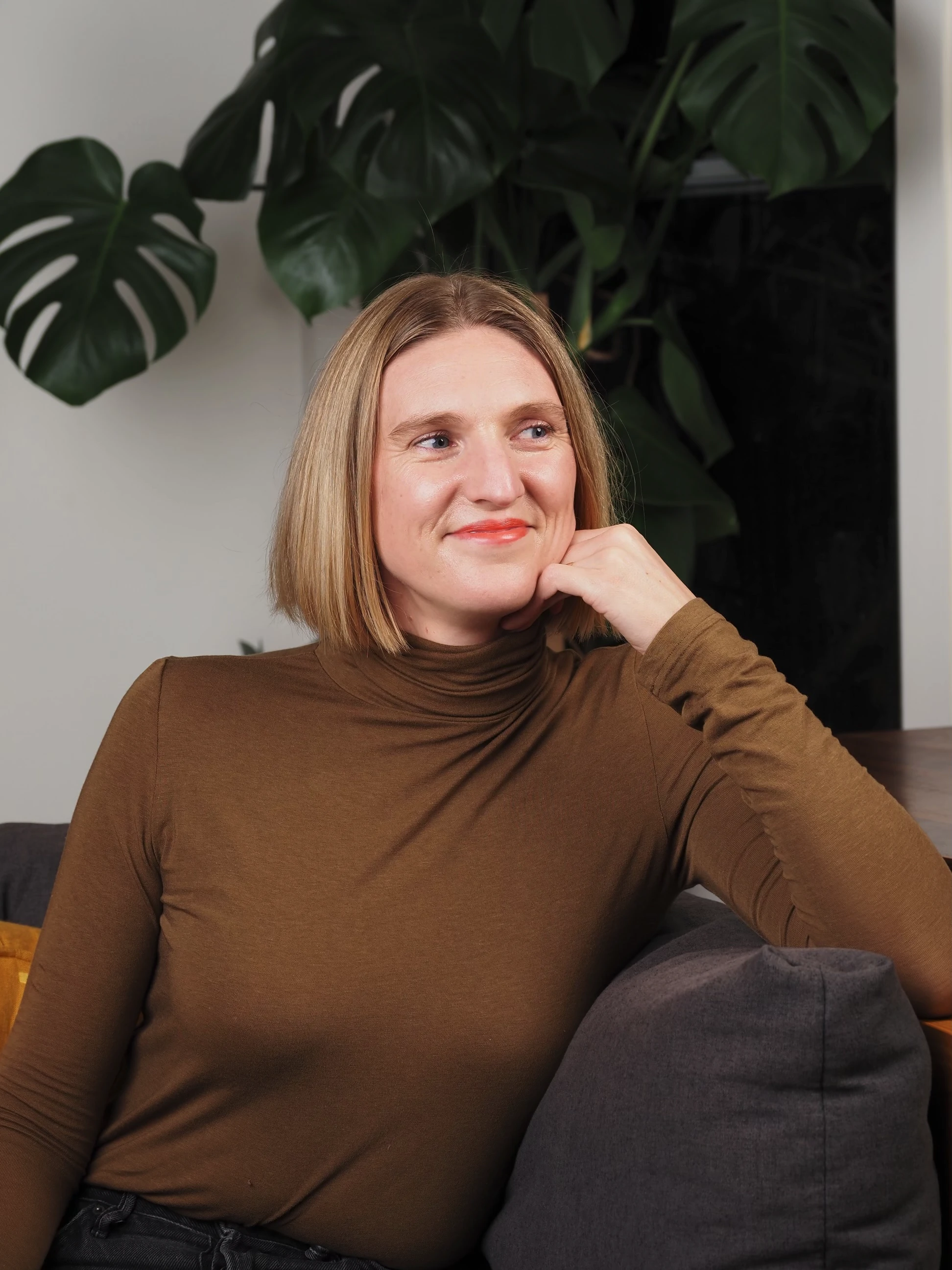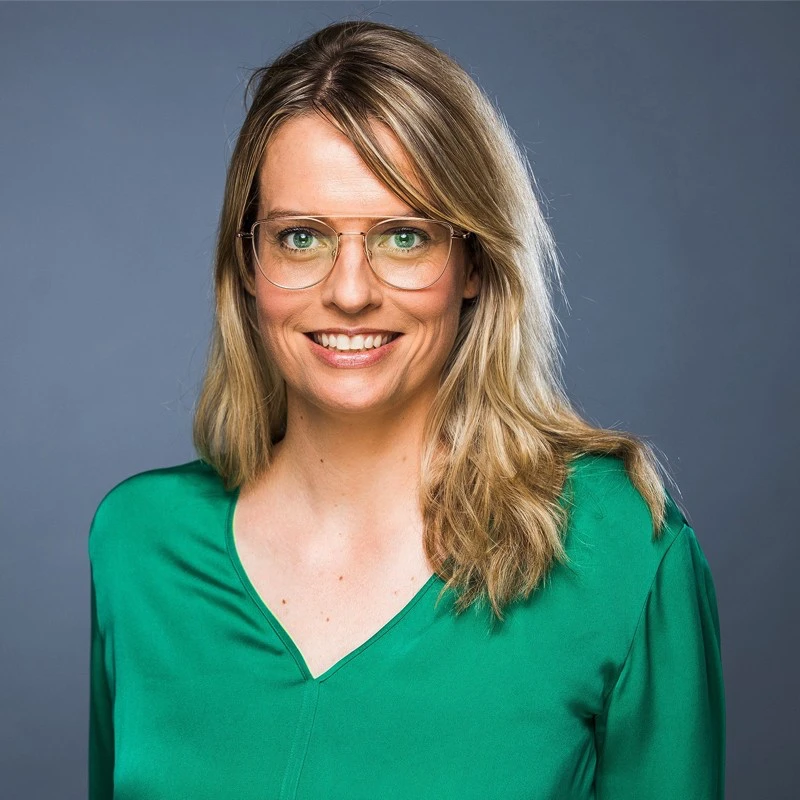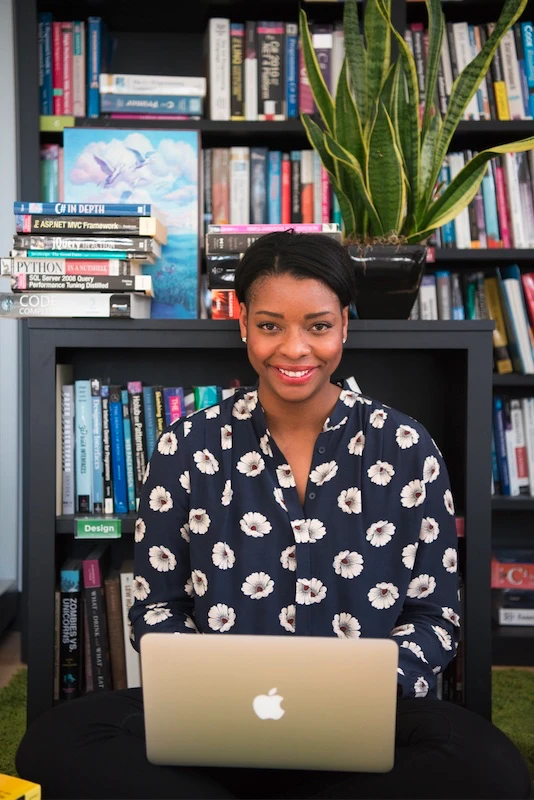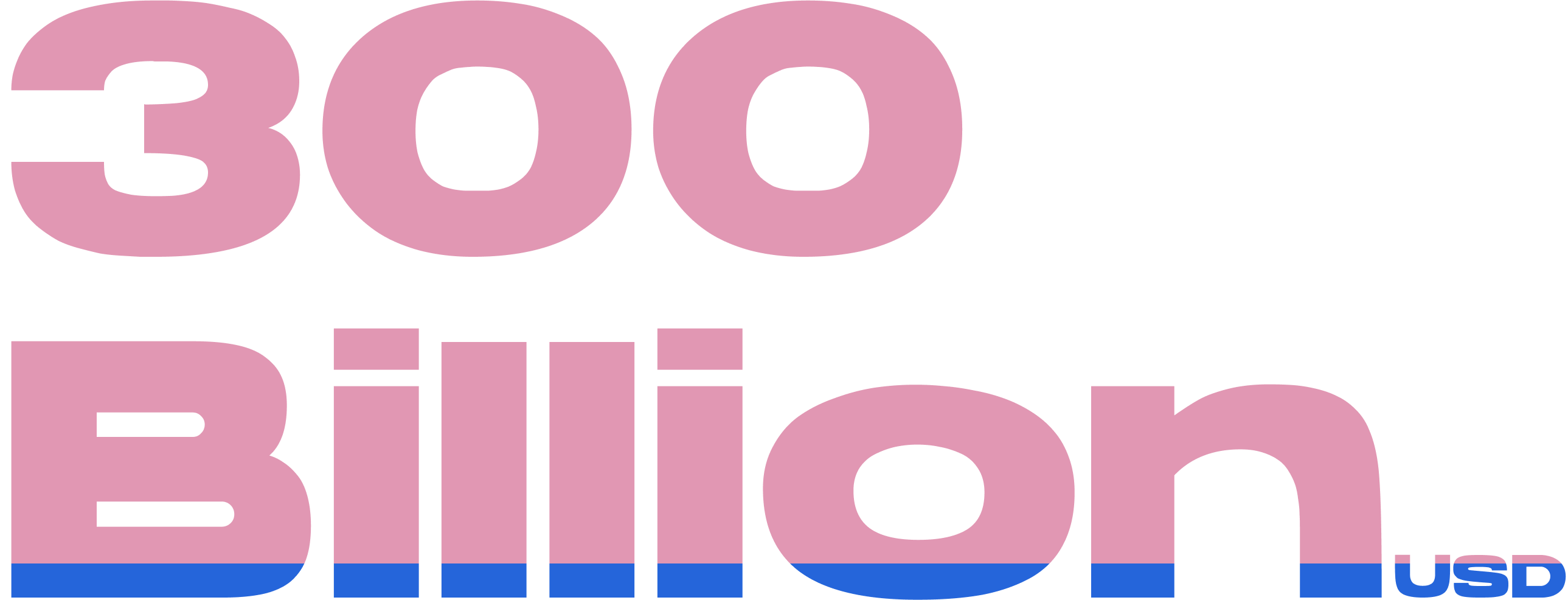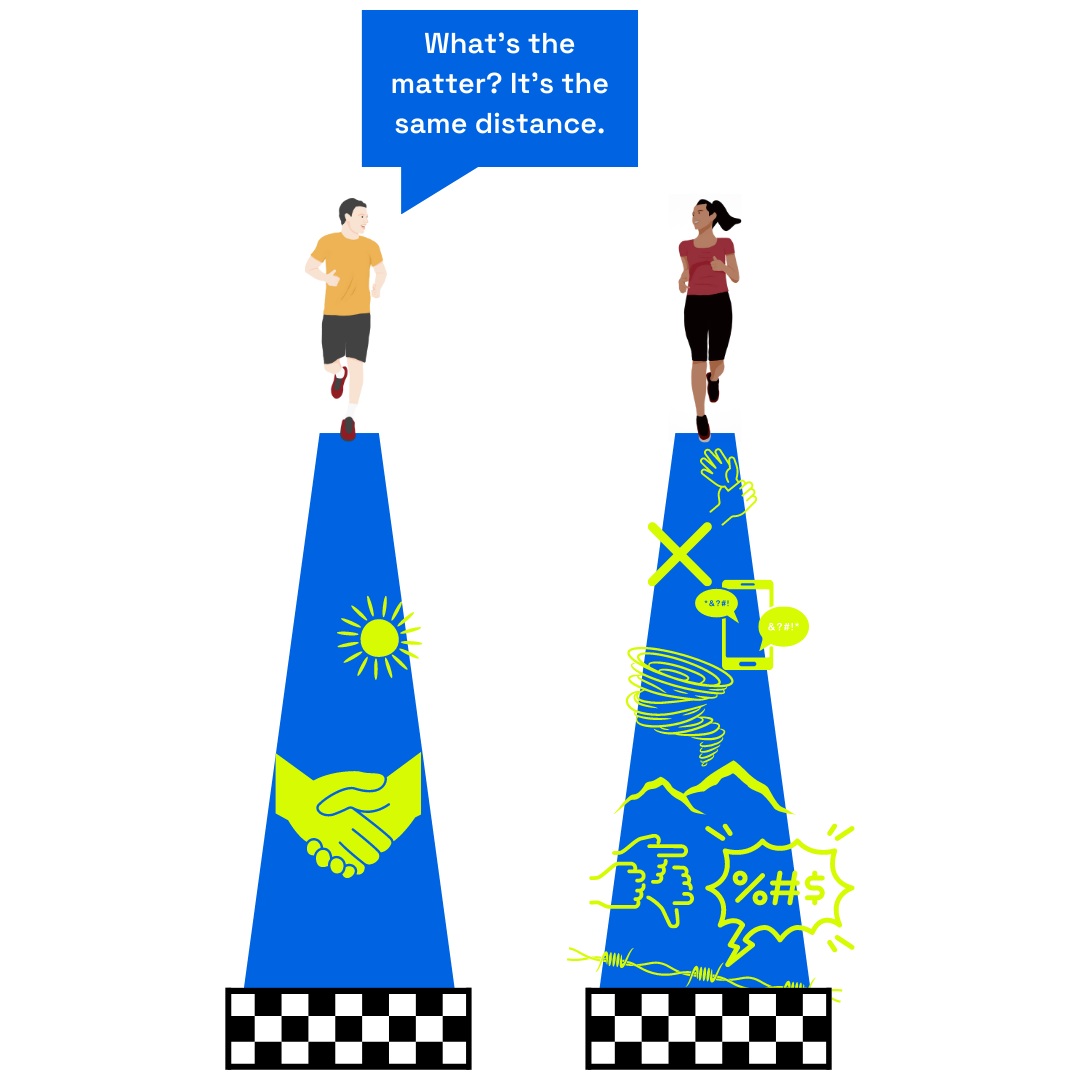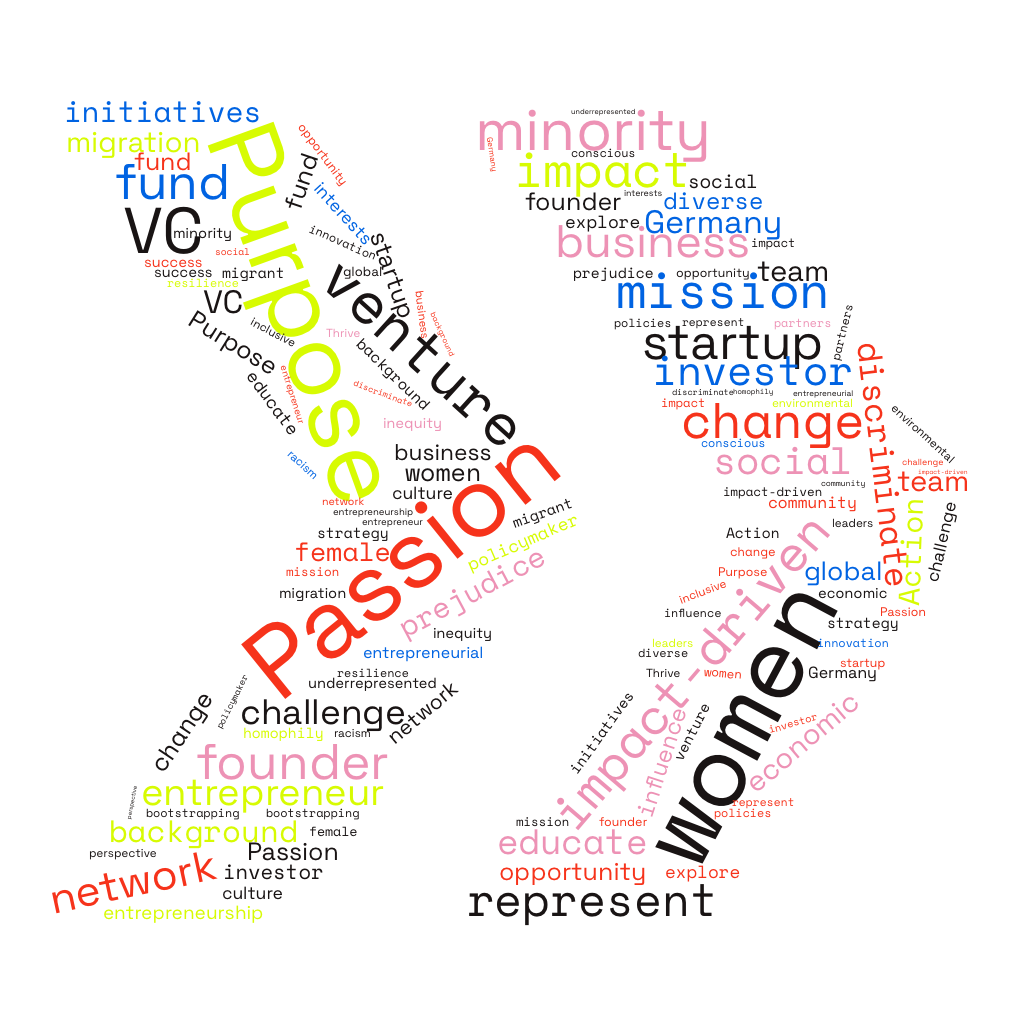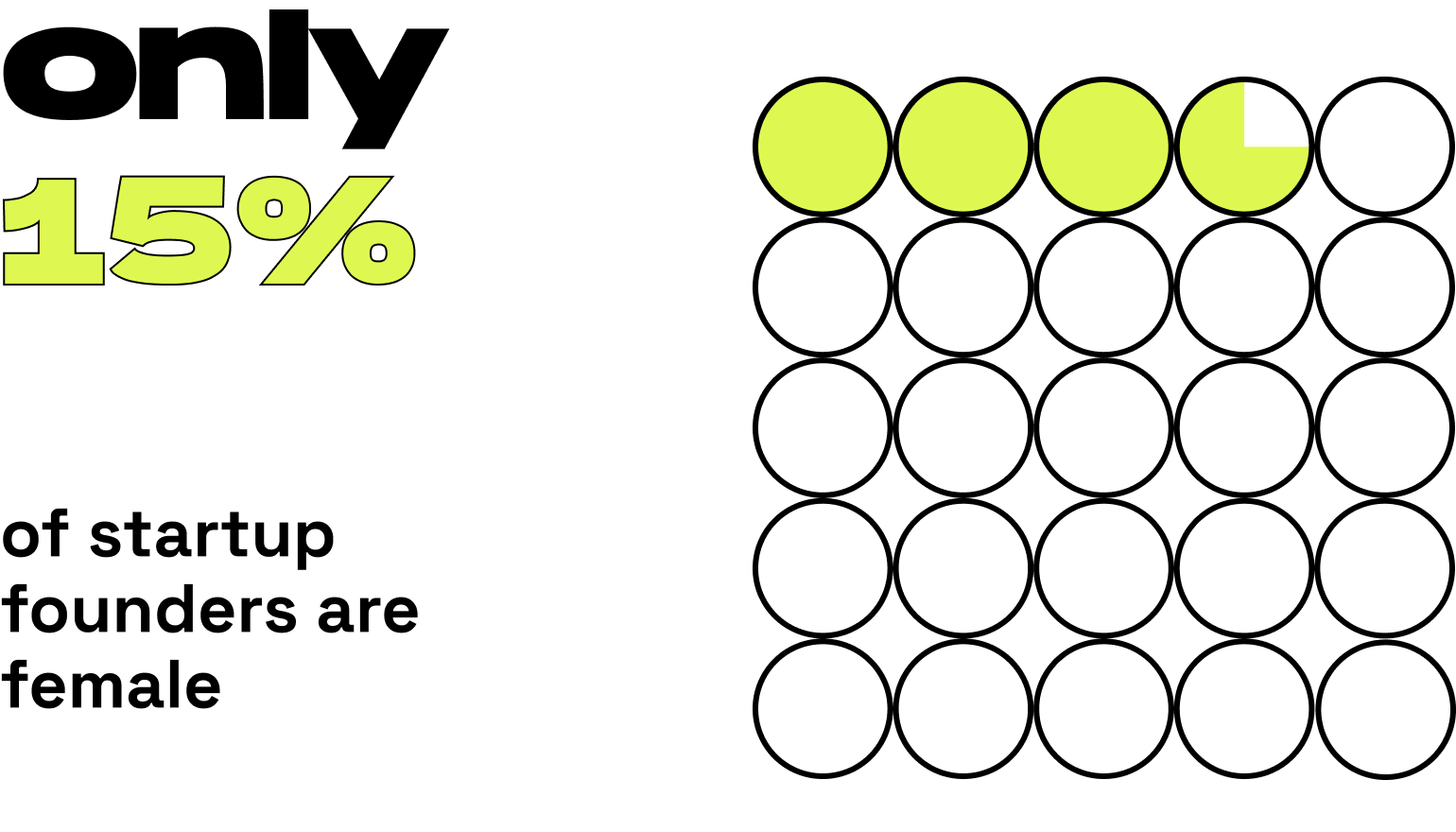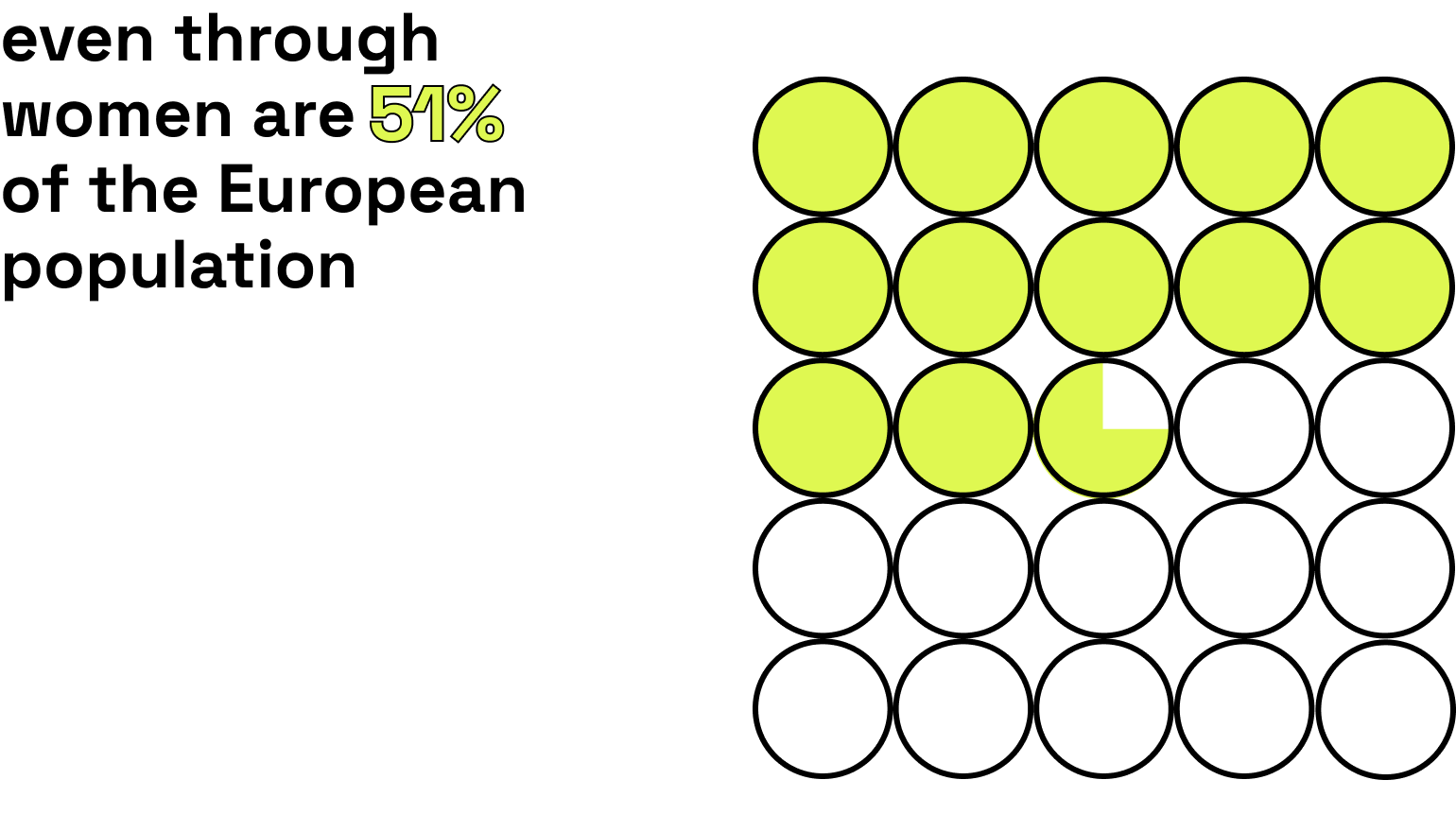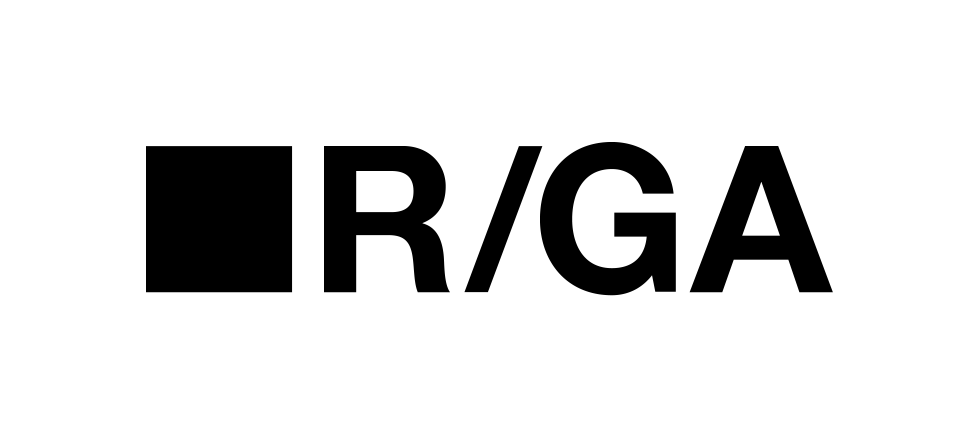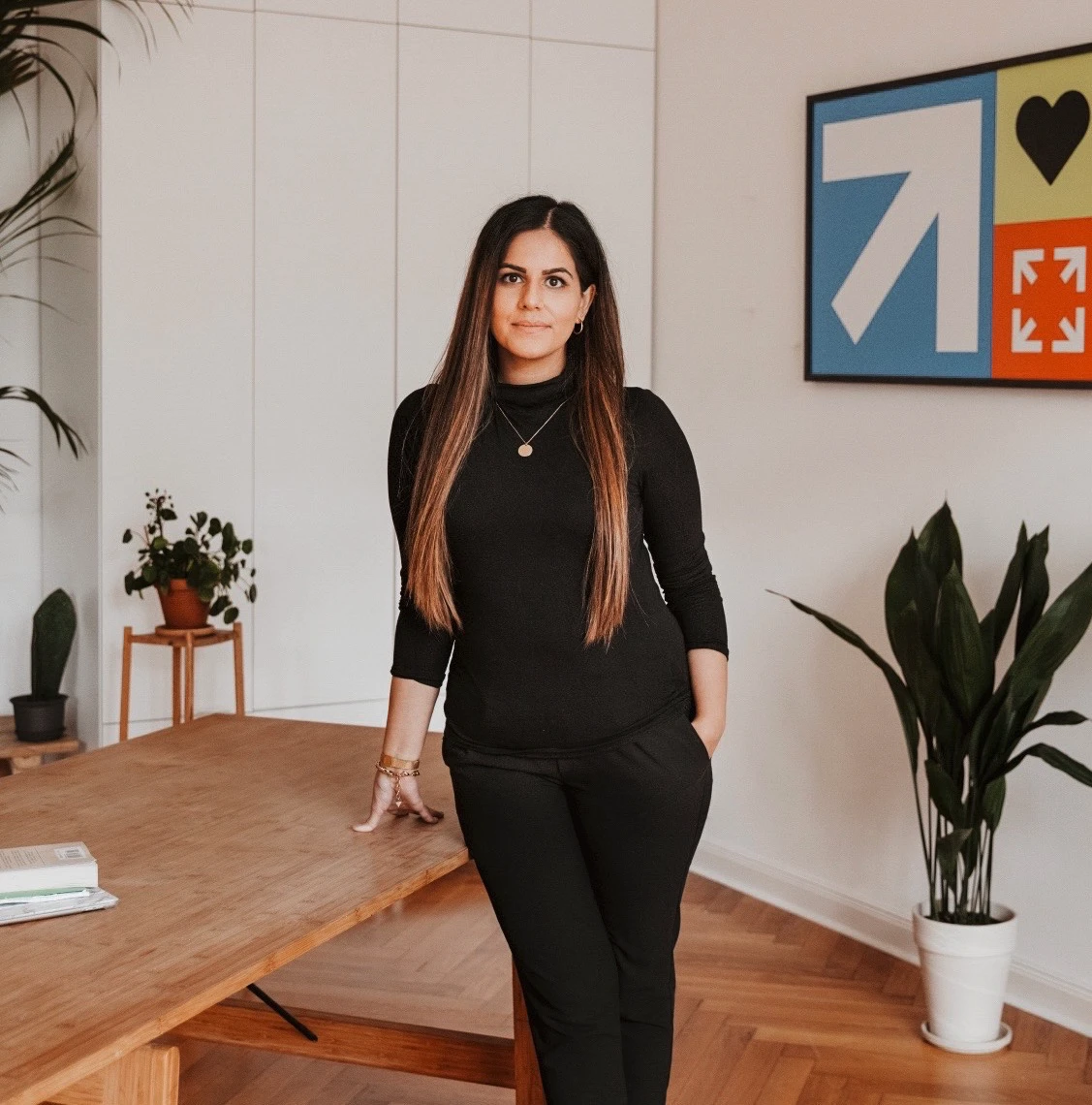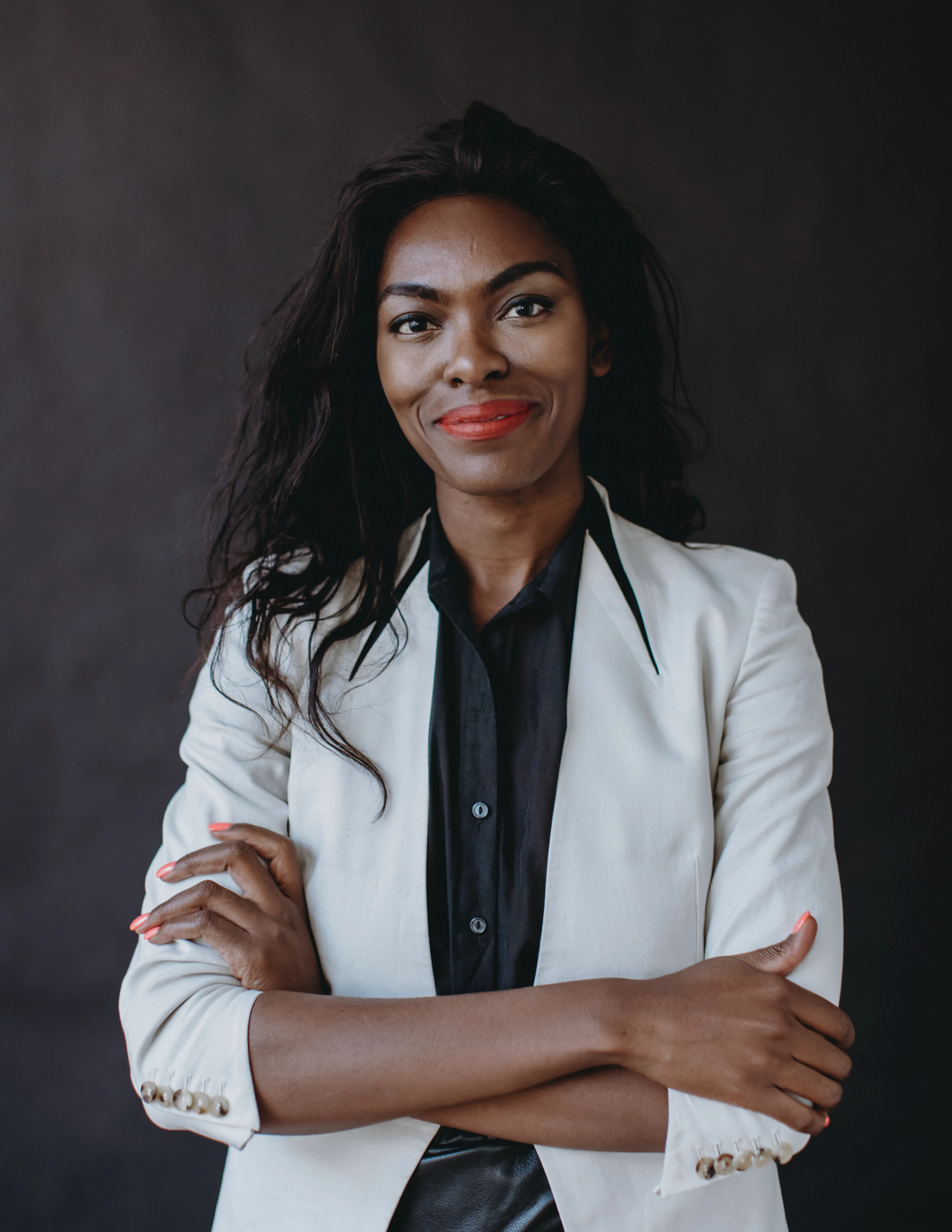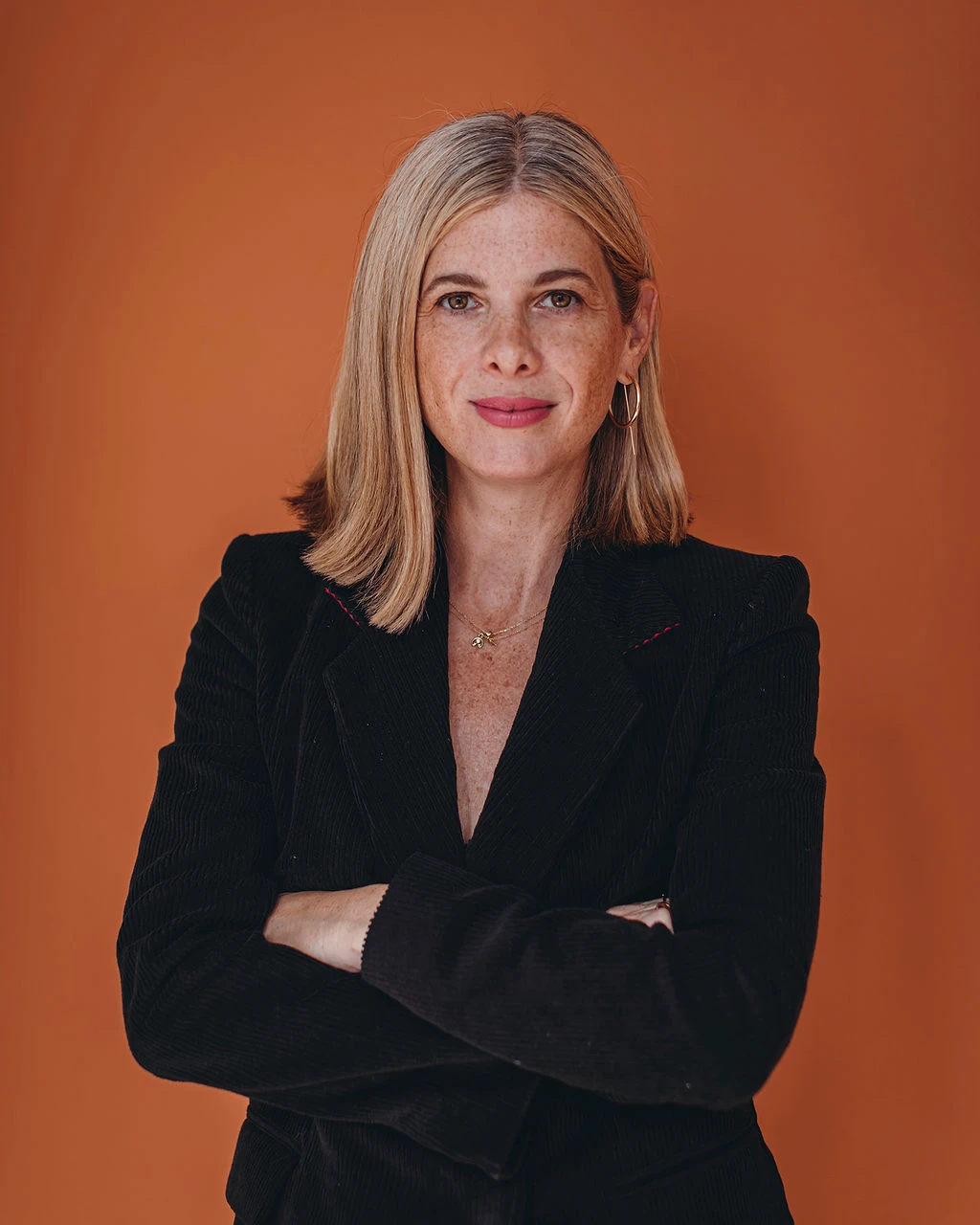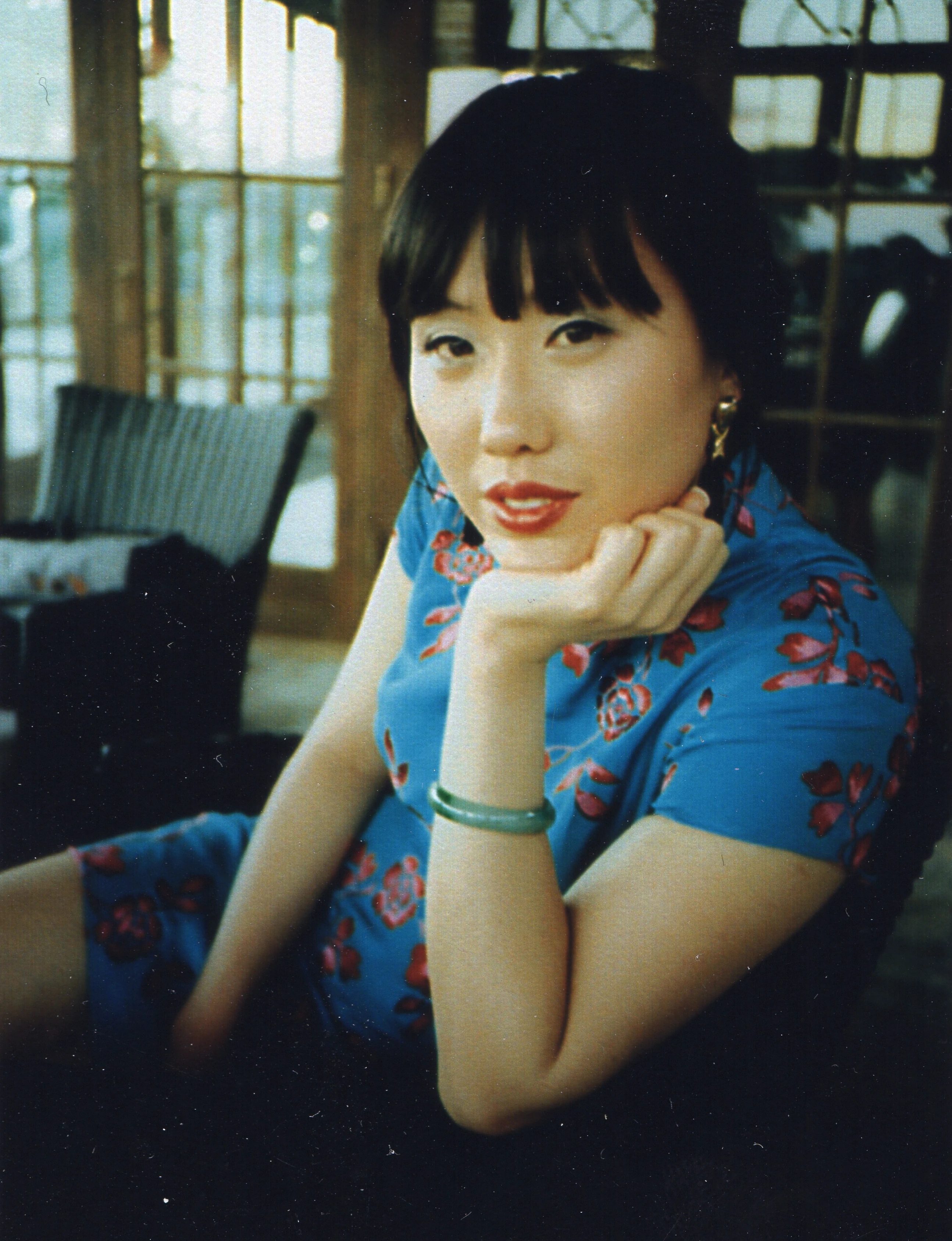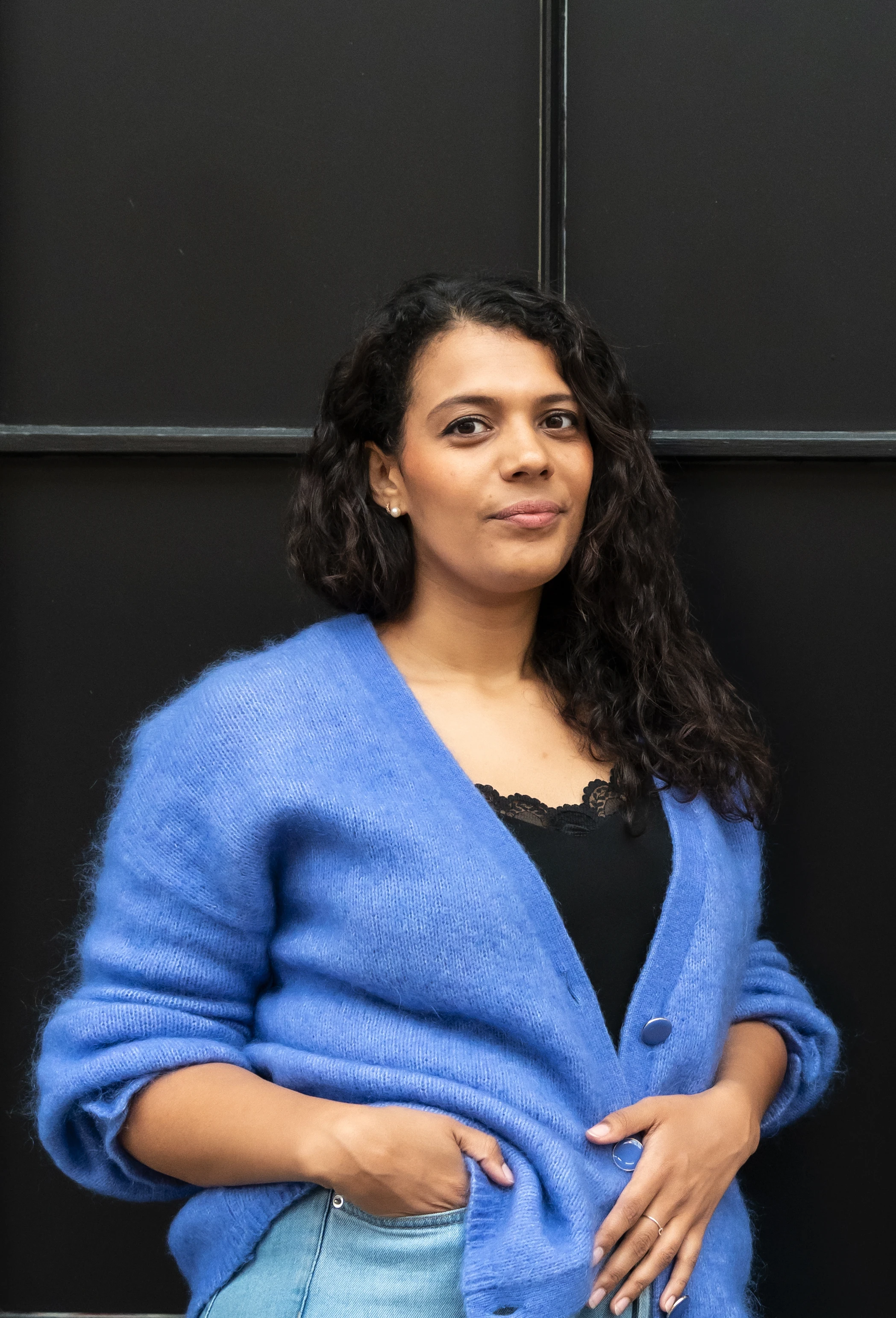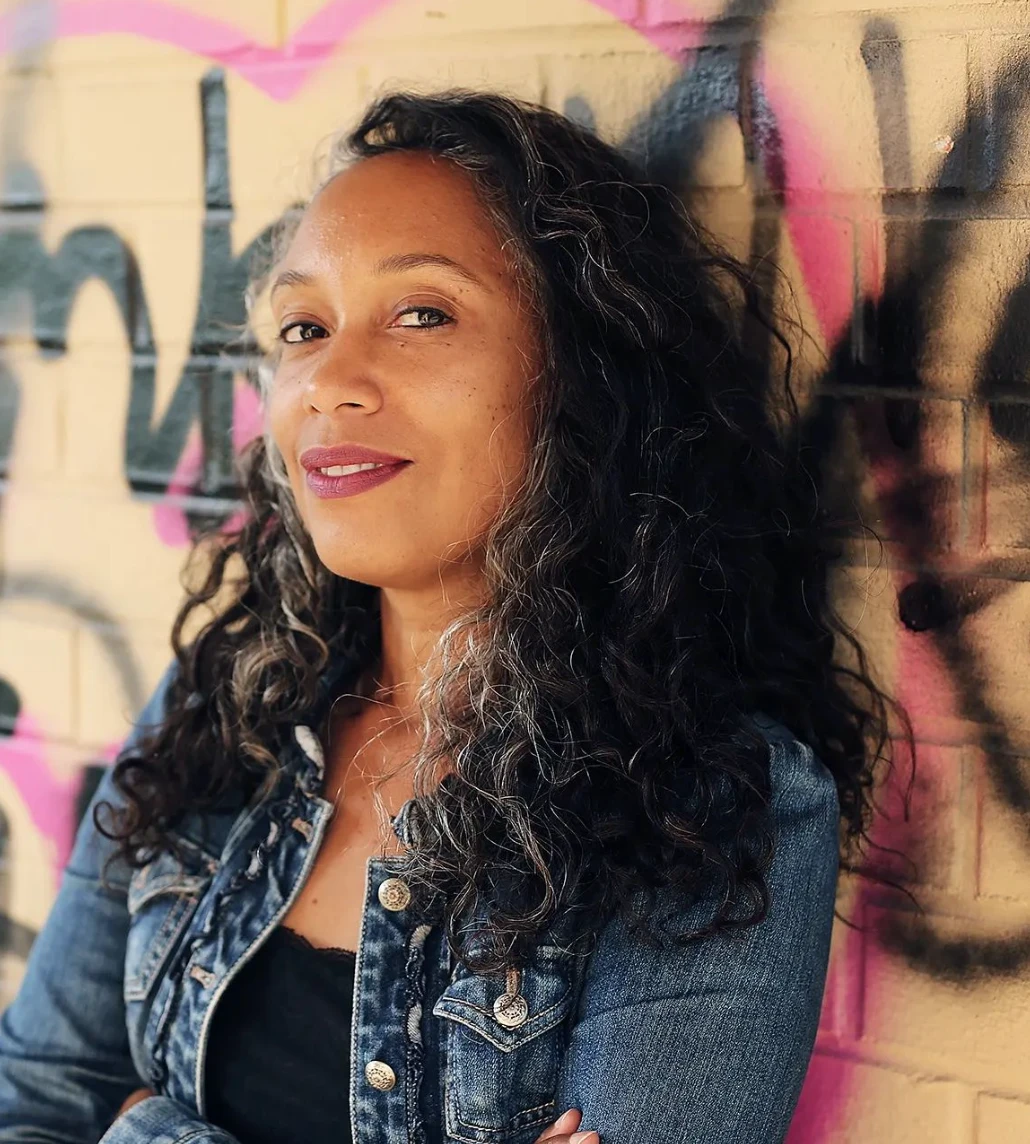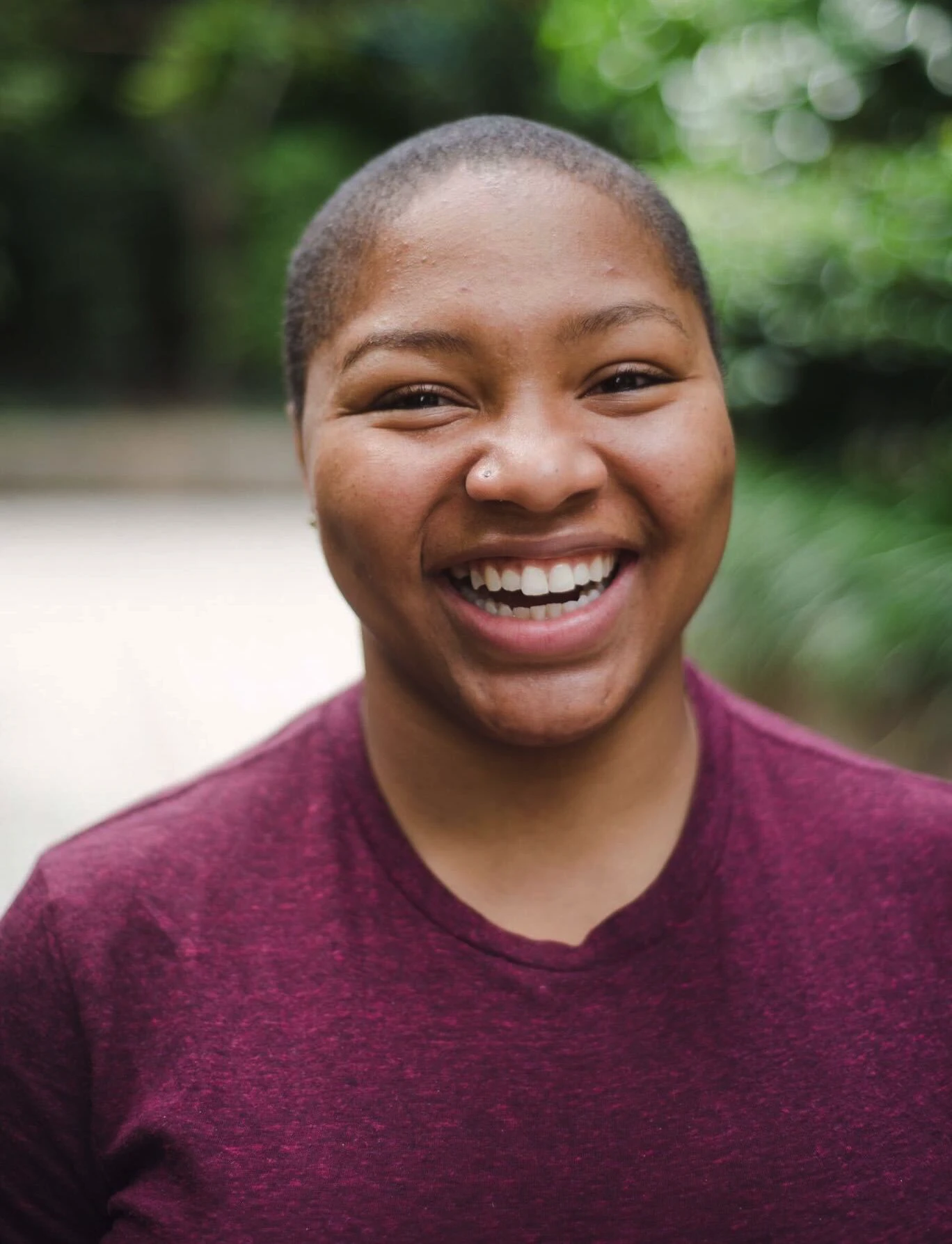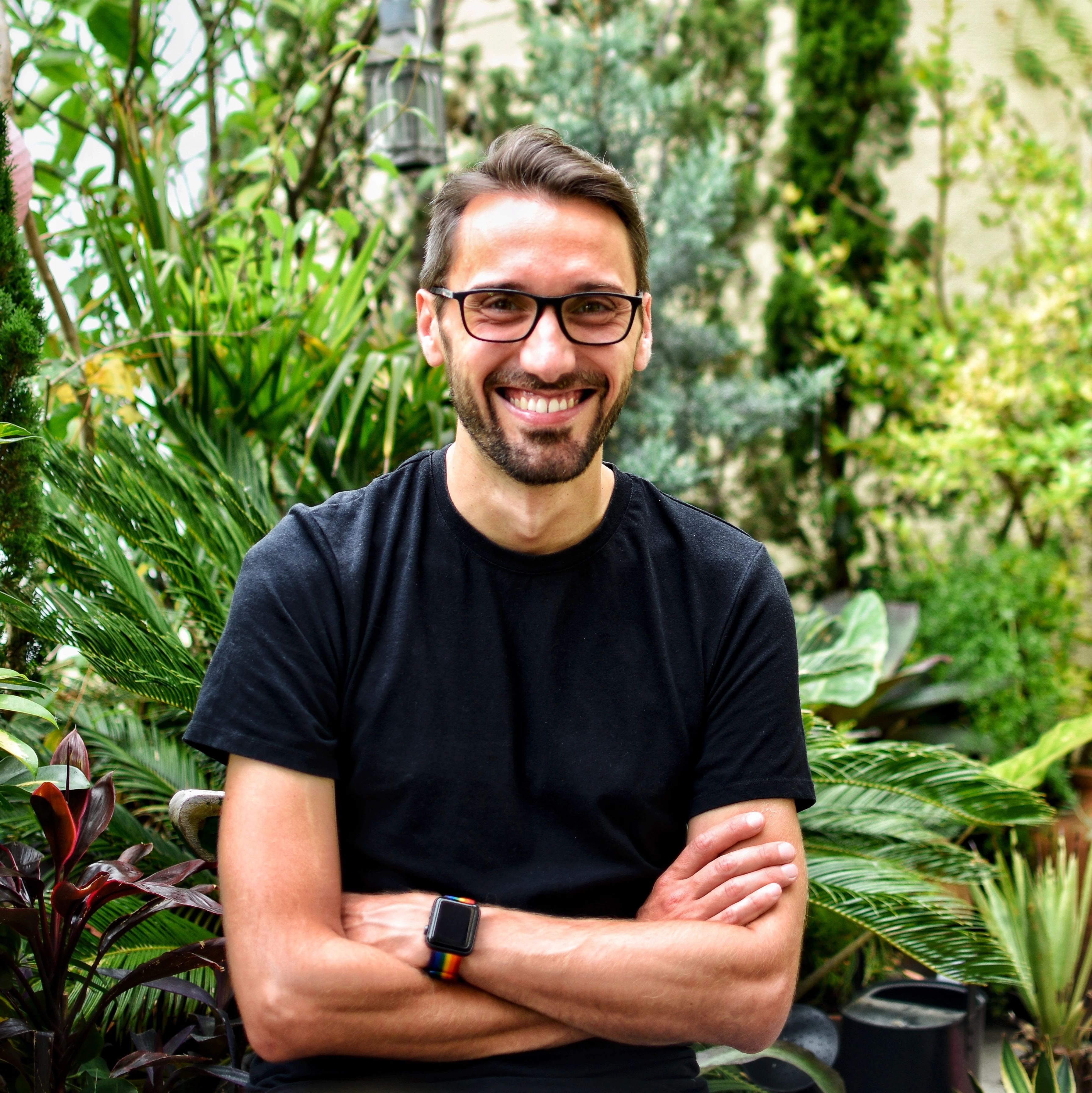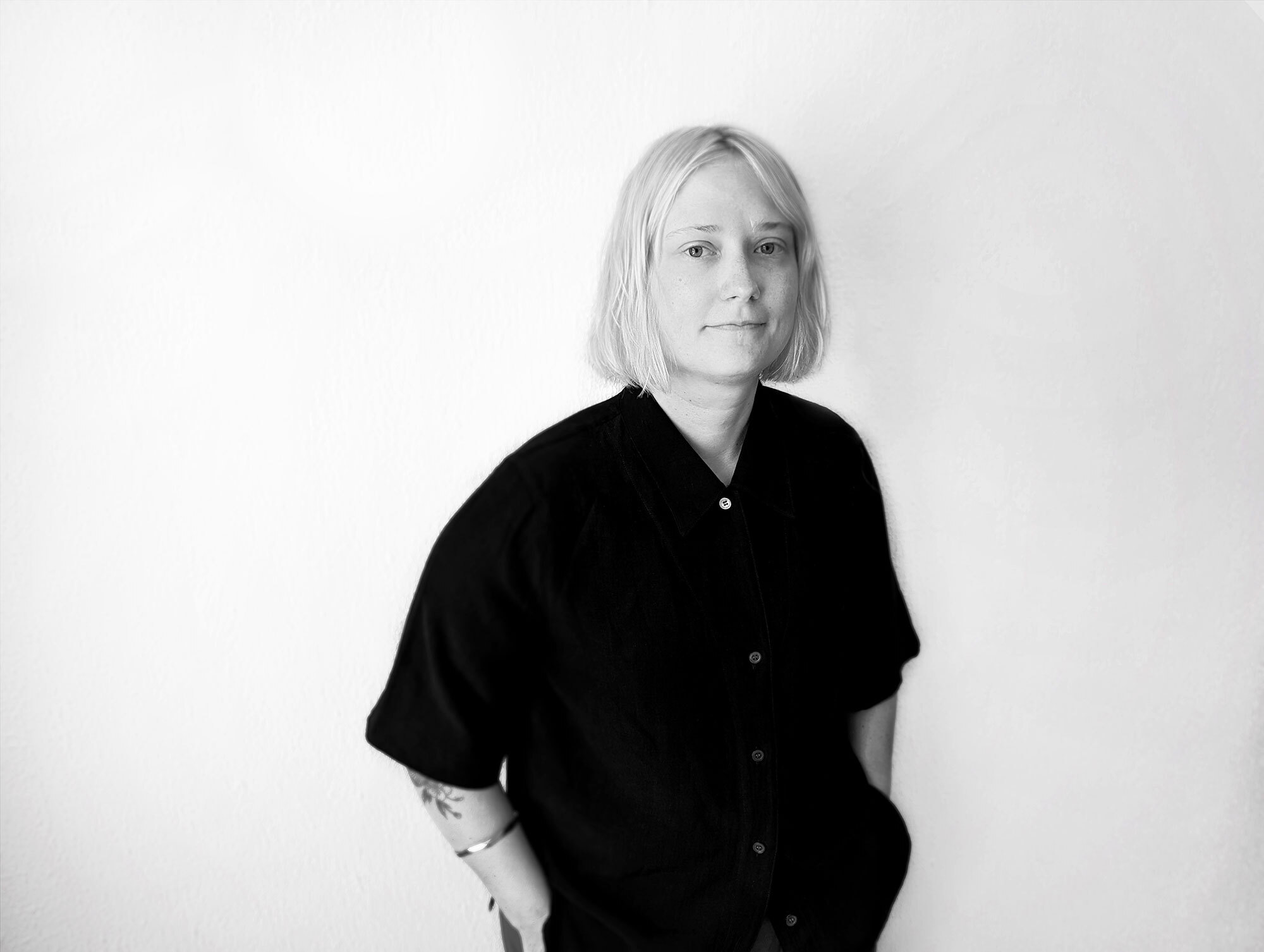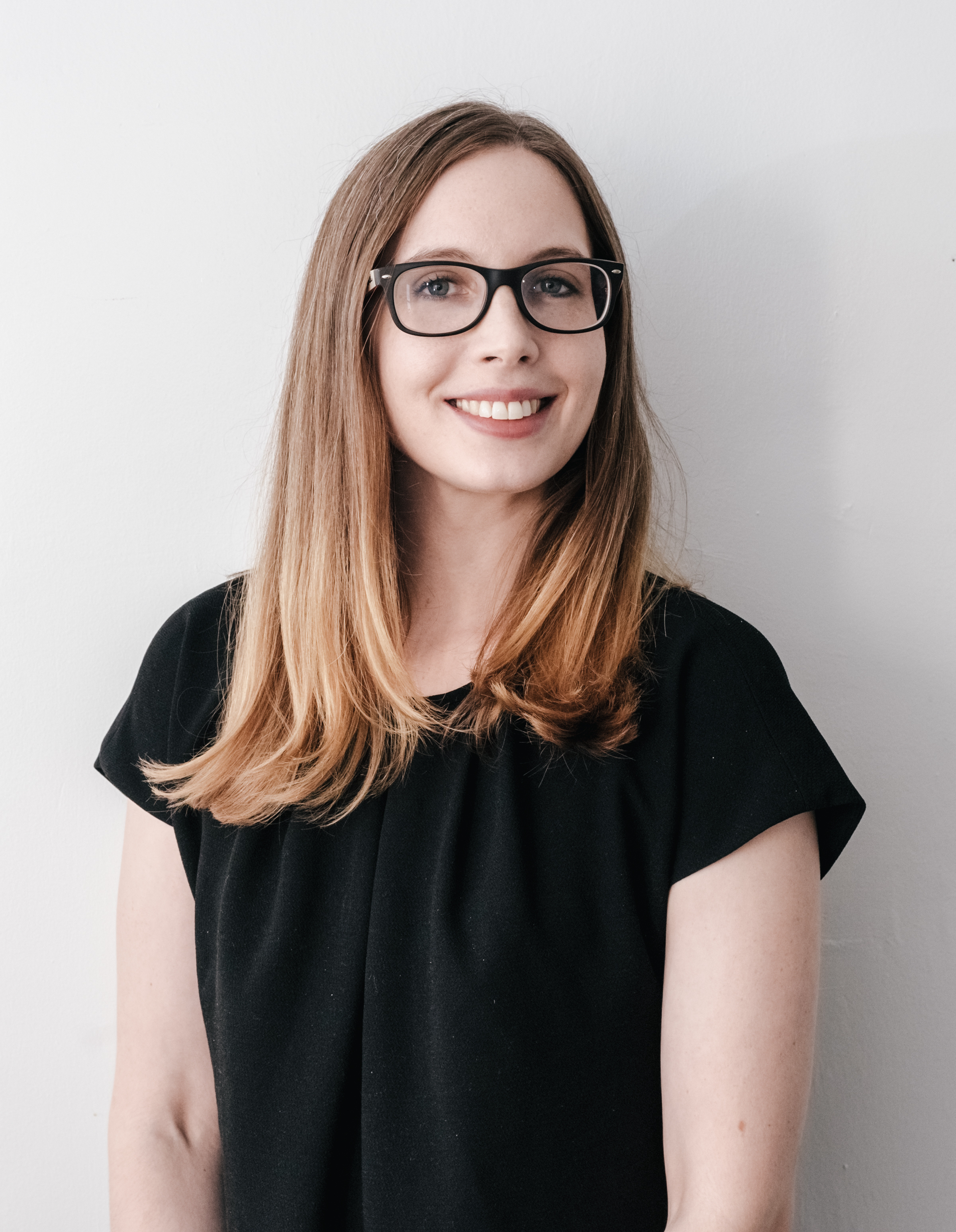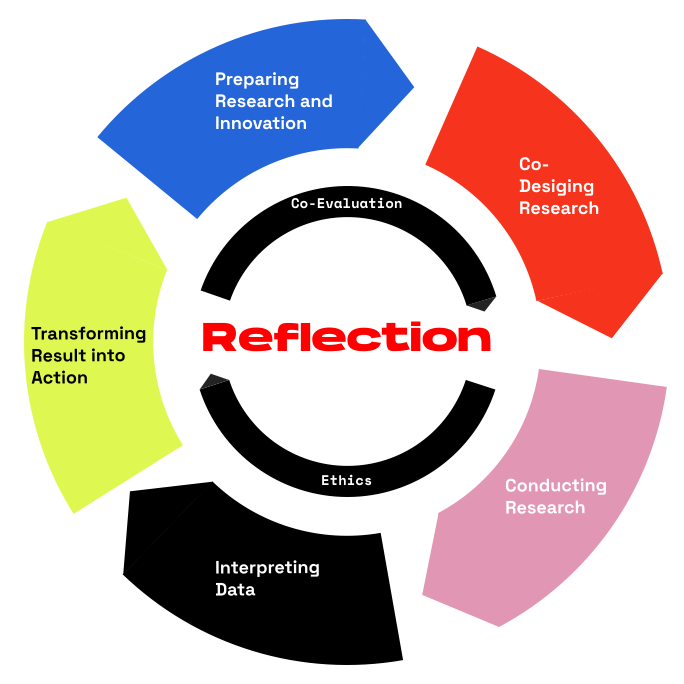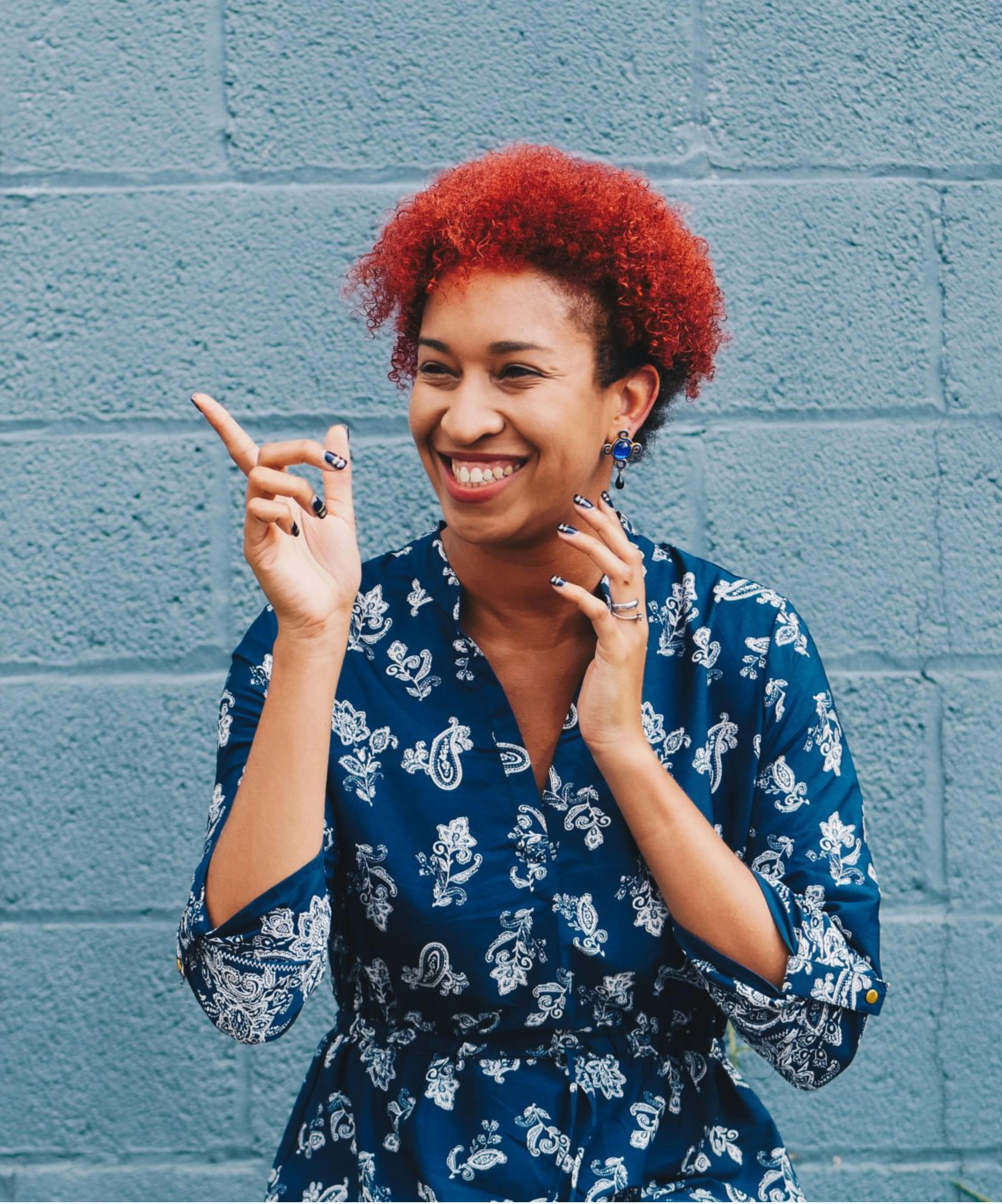At Google, when we think about a problem, we always start by looking at the data. When you look at
the
data regarding
progress for women and particularly for women of colour, a clear pattern emerges: We’ve made
progress,
but it’s been
uneven, frustratingly slow, and equality is a long way off.
Looking back on the last few decades we’ve seen some progress realized. To start with, more girls are
going to school
than ever before, and increasing women’s and girls’ education contributes both to their empowerment
and
accounts for 50%
of the economic growth in OECD countries over the past 50 years. Plus, not only are women in the
workforce more than
ever before, they’re also getting paid more. 50 years ago, women made 60 cents for every dollar a
man
made. Today,
thankfully that gap has shrunk - yet as the report states, a white woman still only makes around 78
cents to a white
man’s dollar, and for women and men of colour, it’s even less.
So it’s meaningful progress - but it’s not enough. And these improvements are fragile, as recent
crises
have shown. For
example, globally, women were almost twice as likely to lose their jobs as a result of COVID-19.
There is also a new urgency. We are facing a plethora of challenges globally and in Europe - from
climate, to energy
security, to the rising cost of living and inequality. Not only will women and women of colour face
the
brunt of these
crises, but they are being held back in being able to effectively respond to them. We need to take
action now.
In practice, this means we need two critical things. Firstly, we need socially-minded entrepreneurs
-
who are putting
people, purpose and the planet at the centre of business goals. Second, we need to support people
from
underserved
communities to be successful entrepreneurs - and come up with the solutions. Because if there is one
thing we’ve learnt
from our work at Google.org - it’s that it’s those that are closest to the problem that will come up
with the most
effective solution to it.
The data is clear that organisations with a woman in the founding team are more successful. And
founders
who are women
of colour tend also to be impact-driven, with research showing that they create businesses that
solve
problems that they
and their communities are confronted with. And yet as this report clearly shows, these founders
continue
to face a
multitude of barriers and aren’t getting the investment they need to build businesses that can
change
the world for the
better.
It’s a huge missed opportunity - one that hinders innovation and limits opportunities for economic
opportunity, wealth
generation and upward mobility and equity for women of colour. And, investors are also missing out
on
new business
opportunities for return, while being able to make a positive difference.
Clearly therefore, we need to do far more to unlock investment in the organisations that women of
colour
build, both in
support of critical ecosystem-strengthening organisations like Founderland, as well as investment in
the
founders
themselves. Our Women & Girls Impact Challenge, of which Founderland was a grantee, was one of our
most
popular
programmes ever, with thousands of organisations applying. We know that there are groups out there,
ready to make a
difference, they just need the funding and expertise to make their ideas a reality.
Some people may argue that there is already a plethora of DEI initiatives and accelerators and
programs
for female
founders. Well, compared to 10 or 20 years ago yes, but we’re far from having solved the issue and
the
number of women
participating pales compared to male participation in similar programs. And critically, while
support
programs are very
important, investment is the number one need. Women of colour tend to report being over-mentored and
under-funded -
without funding, a great idea remains an idea.
We therefore need to look closer to home - at ourselves, as funders, investors and philanthropists.
If
you are a funder
- and particularly a white male - the first step is to recognise your own privilege and bias, the
second
is to educate
yourself, and the third is to take action. By reading this, you are already on step two. Step three
is
the harder one.
So take a moment once you have read this report and ask yourself, what can you do, and what are you
willing to do, to
make a positive difference to support women, and particularly women of colour entrepreneurs, to help
make our world a
better place by building great ventures.
Rowan Barnett - Director, Google.org - Europe, Middle East & Africa
Nicole Danna - Impact Challenge Lead, Google.org
